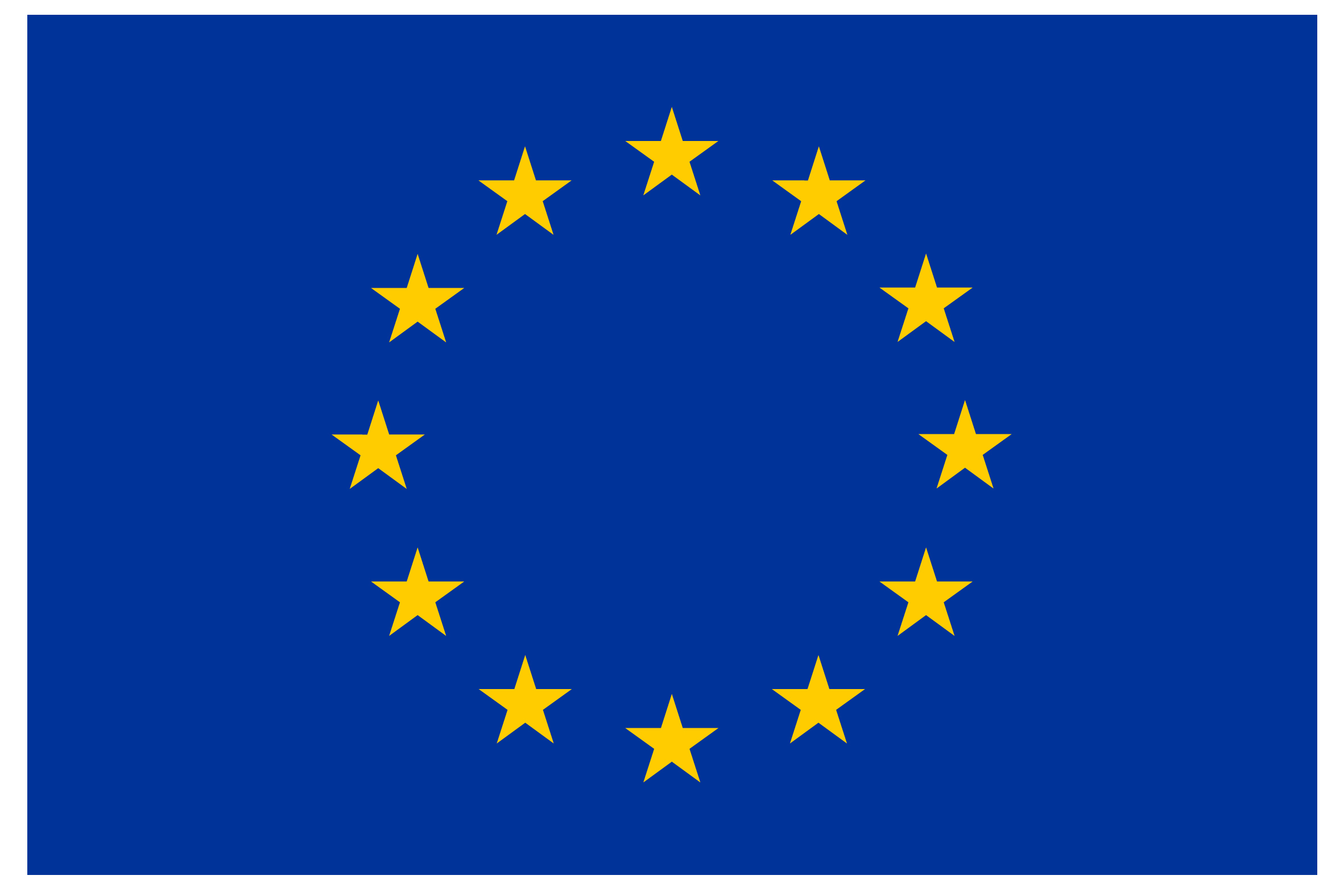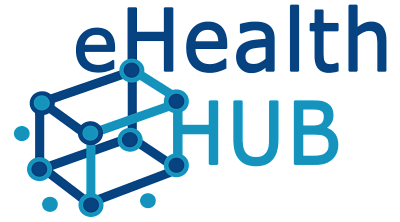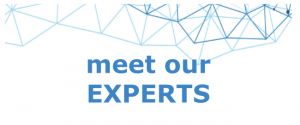Legal support
A compass to navigate legal services through Europe
European eHealth SMEs currently face many legal issues across one, or different jurisdictions. Navigating legal services can be complicated, time consuming and difficult, especially if you are looking at expanding your business to new countries. For some company, it could even mean losing business opportunities throughout Europe.
What we offer
The aim of the eHealth Hub Legal Network is to offer good quality, affordable legal advice for eHealth SMEs.
SMEs first submit enquiries to the legal service. A dedicated professional will then contact them in order to assess their legal needs and suggest partners within the network who may be able to help with paid-for legal assistance. Selected legal advisers will be specialized in those areas SMEs requires assistance with.
In case of legal issues related to UK or Dutch law, the eHealth Hub legal network may be in a position to help for free, subject to capacity. eHealth Hub also delivers free workshops detailing current legal issues of eHealth SMEs interest.
An opportunity not to be missed
By joining the eHealth Legal Guidance service, SMEs gain assurance of high quality legal service related to sector-specific challenges they are facing. The service relies on a critical mass of lawyers in jurisdictions across EU Member States that are familiar with legal issues eHealth SMEs may face. In some jurisdictions – namely UK and The Netherlands - free assistance will be offered to a certain number of eHealth SMEs.
Is Legal for you?
The eHealth Hub legal network is open to all European eHealth SMEs on a first come, first served basis.
Are you looking for legal support? Please, register here:
Do you want to become a legal node in the eHealth Hub network?
Do you want to become part of our network? “Register” directly via the registration form.

https://ec.europa.eu/digital-single-market/en/ehealth-and-ageing
The eHealth Hub project has received funding from the European Union’s Horizon 2020
Research and Innovation Programme under Grant Agreement No727683.

